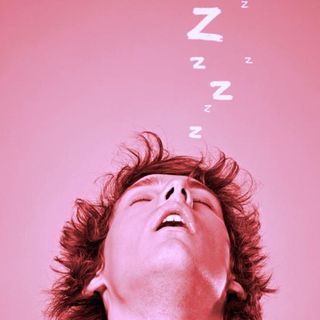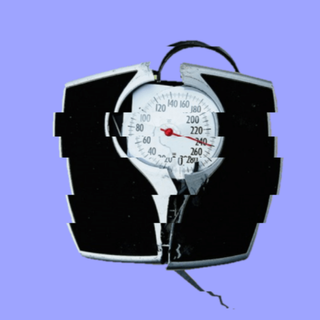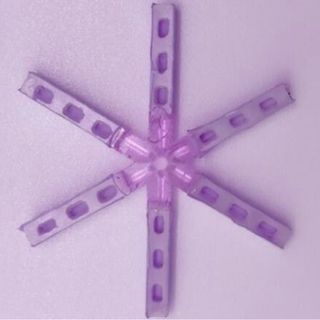You’ve gone and done it. You let your friends talk you into one, two, or 10 more drinks; you didn’t drink enough water because you say it makes you pee too much; you waited until you got completely sloshed to scarf down drunk greasy food, and you passed out in your clothes only to wake up with a drooled-upon pillow and the mother of all hangovers.
And so the frantic search for a hangover cure starts: fill up the bedside water bottle, scroll on Swiggy for hours trying to find a food item that doesn’t make you hurl, and hide underneath a blanket to minimize the sounds and lights of nature you’re convinced are out to torture you. It will take at least 10 proclamations of “no more drinking” over the course of a day or more for your body to finally overcome the disastrous effects of alcohol abuse you willingly, joyously inflicted upon yourself. So, what happens to your body when you have a hangover?
The toxin responsible for most hangover symptoms — nausea, headache, irritable bowel, depression — is acetaldehyde, a substance produced when the liver processes and breaks down the alcohol you effusively consumed the night before. The more enthusiastic the abuse, the slower your liver is able to get rid of the resulting acetaldehyde, which gives the excess toxin more time to wreak havoc within your body and brain.
But acetaldehyde isn’t the only perpetrator. The metabolization of alcohol causes a buildup of lactic acid, due to which the stomach lining gets inflamed, leading to irritable bowels. Here, the gut bears the major brunt for your drunken shenanigans. Alcohol also causes the pancreas to secrete more enzymes than usual, which contributes to nausea and diarrhea. The body takes from a few hours to up to a day to process out alcohol from the system, depending on individual metabolic rates. While you wait it out, doctors advise not to irritate your gut further, and stick to eating bland foods. Needless to say, more alcohol is not advised.
Related on The Swaddle:
All the Types of Headaches and What Causes Them
In the brain, alcohol leads to an expansion of the blood vessels — a process called vasodilation — that is linked to migraines. In the absence of alcohol the next day, while you’re in the throes of your hangover, the blood vessels start to constrict — a process called vasoconstriction — which also contributes to headache and nausea.
Another process in the brain that occurs post-alcohol consumption is the disruption of neurotransmitters — chemical compounds responsible for transmitting signals throughout the brain. During drinking, this disruption leads to the release of feel-good hormones such as dopamine, which leads to a high; in the absence of alcohol — and thus, the high — a crash occurs, which causes sensitivity to light and loud noises. Compromising neurotransmitters means the body’s biological rhythms also go awry, which can interfere with sleep schedules.
With time, the blood vessels and neurotransmitters arrive at their usual size and state, respectively, effectively ending the hangover. While pain management options are available over the counter in most countries, a proper diet, plenty of fluids, and rest can empower the body to get back to normal more quickly.
The final nail in the coffin that houses your body after a night on the town is dehydration, caused by alcohol’s ability to trick your kidneys into thinking you need to pee frequently. Alcohol blocks the body’s production of the antidiuretic hormone, which is responsible for absorbing and retaining water. Essentially, alcohol makes you pee more, but retain less water, dehydrating your body. As the production of the anti-diuretic hormone normalizes the next day in the absence of alcohol, bolstered no doubt by your fervent water-drinking, the body will slowly achieve its ideal level of hydration.
Related on The Swaddle:
Alcohol Abuse Is a Spectrum, From Social Drinking to High-Functioning Alcoholism
Alcohol can also increase heart rate and blood pressure in the short term; with increased, ongoing consumption, it can weaken the heart muscle, which can cause rapid (tachycardia) and irregular heartbeats moe frequently during hangovers.
And lastly, the post-alcohol sads are a major bummer during hangovers. All the painful, uncomfortable changes in the body during a hangover can cause your mood to deteriorate. In addition, the extreme fluctuations of hormones such as dopamine affect levels of anxiety and depression in the brain.
For almost all of the physical processes at play during a hangover, the best cure is time. Your body knows what it’s doing; you just have to let it do its thing.




